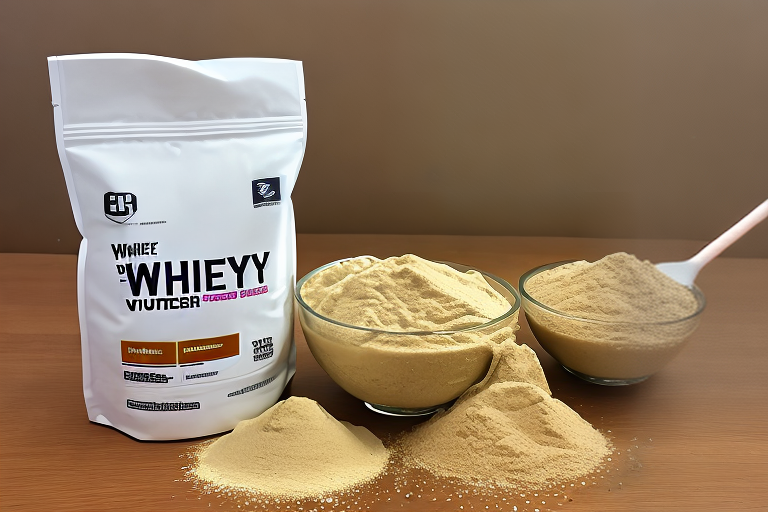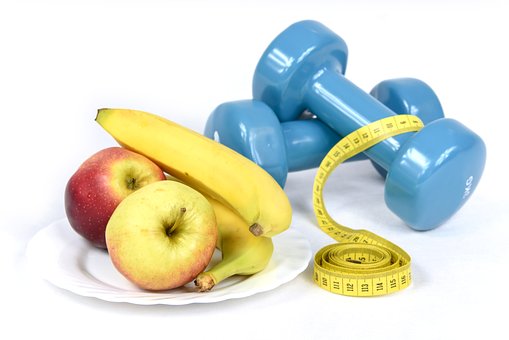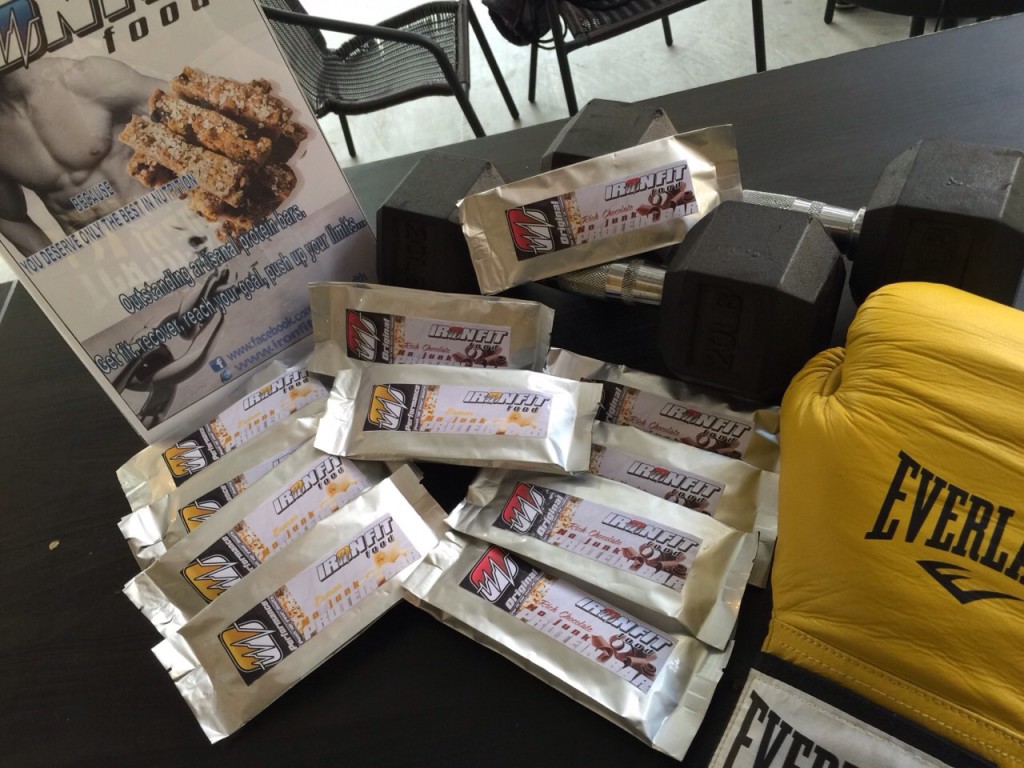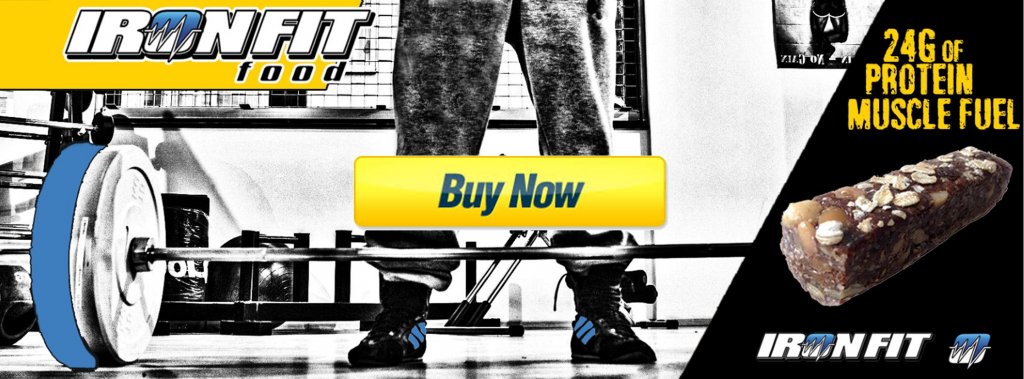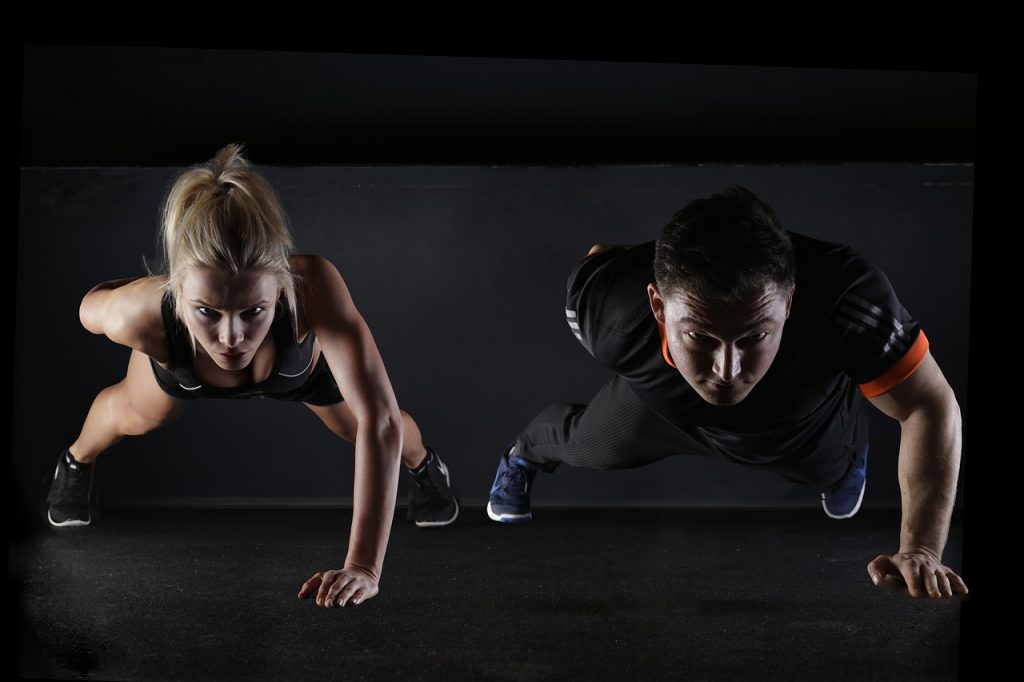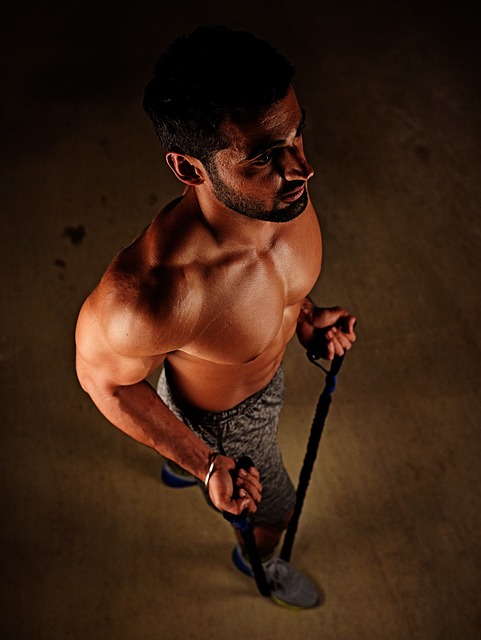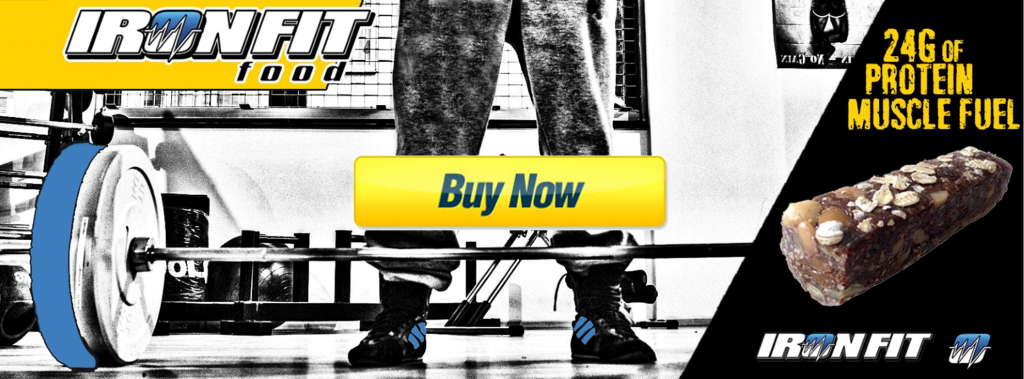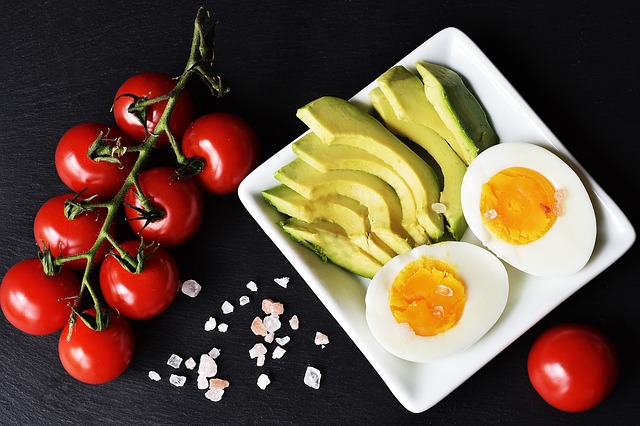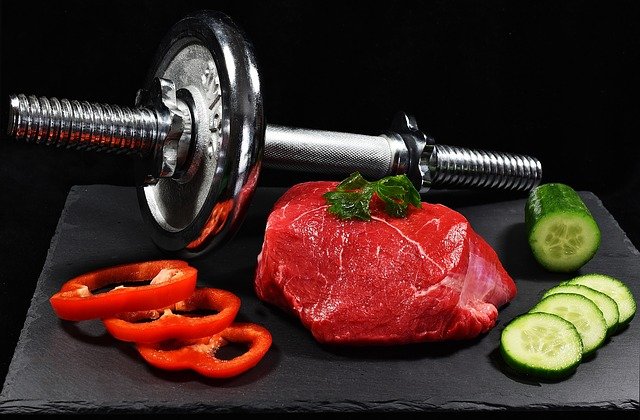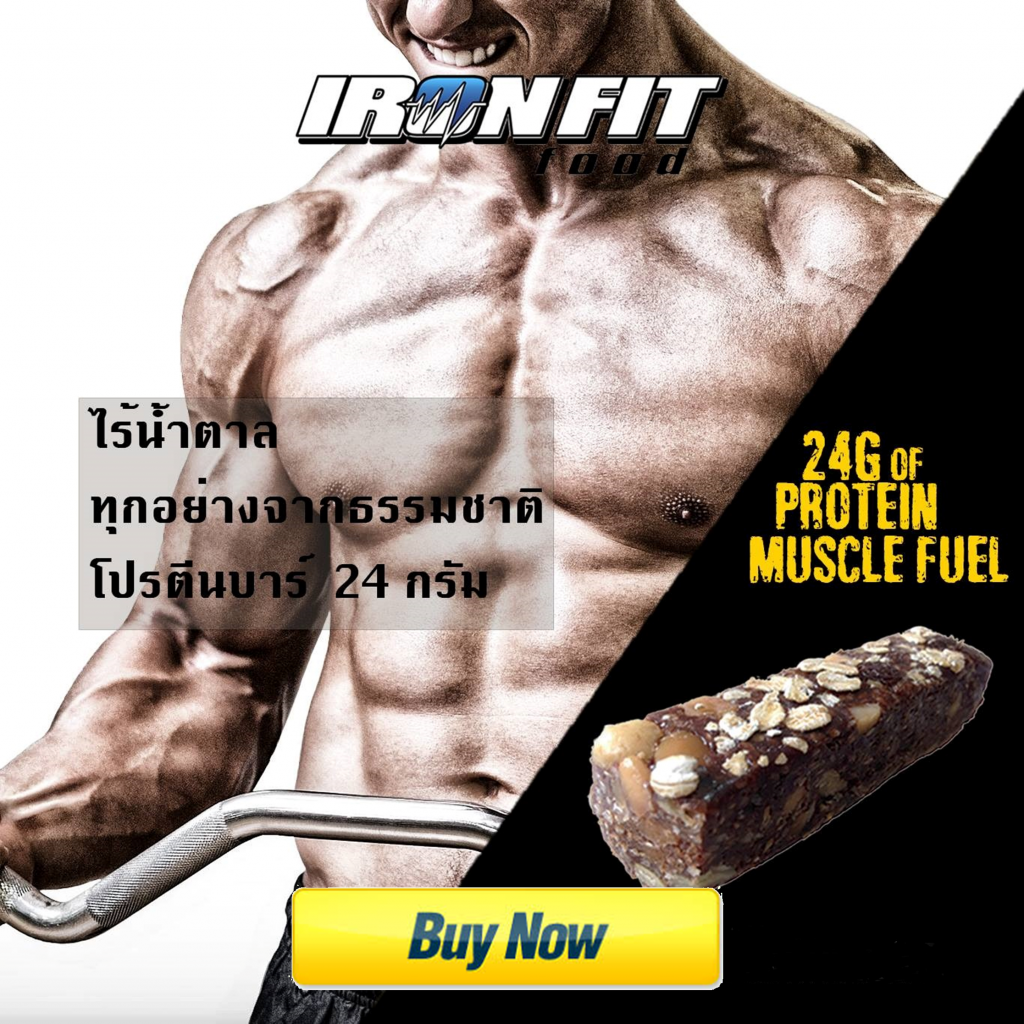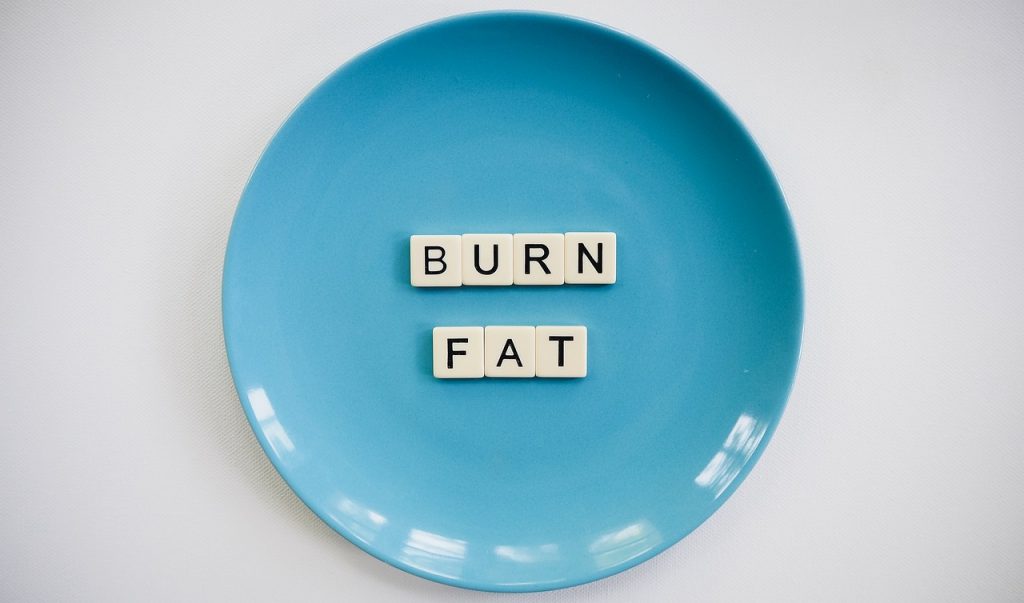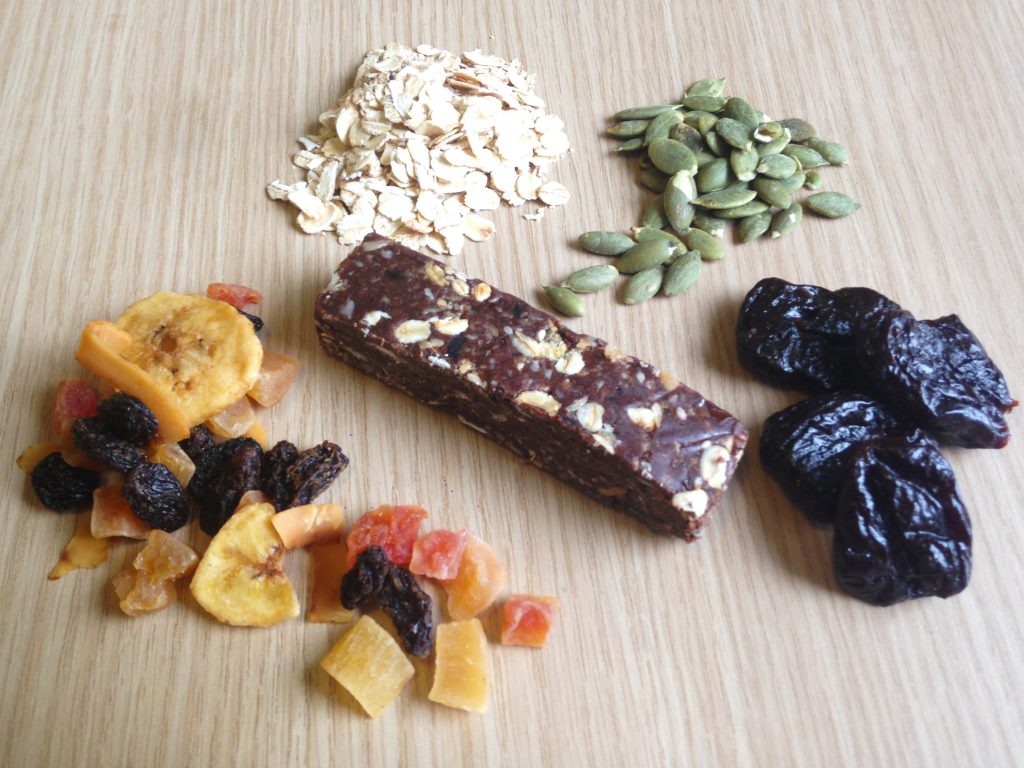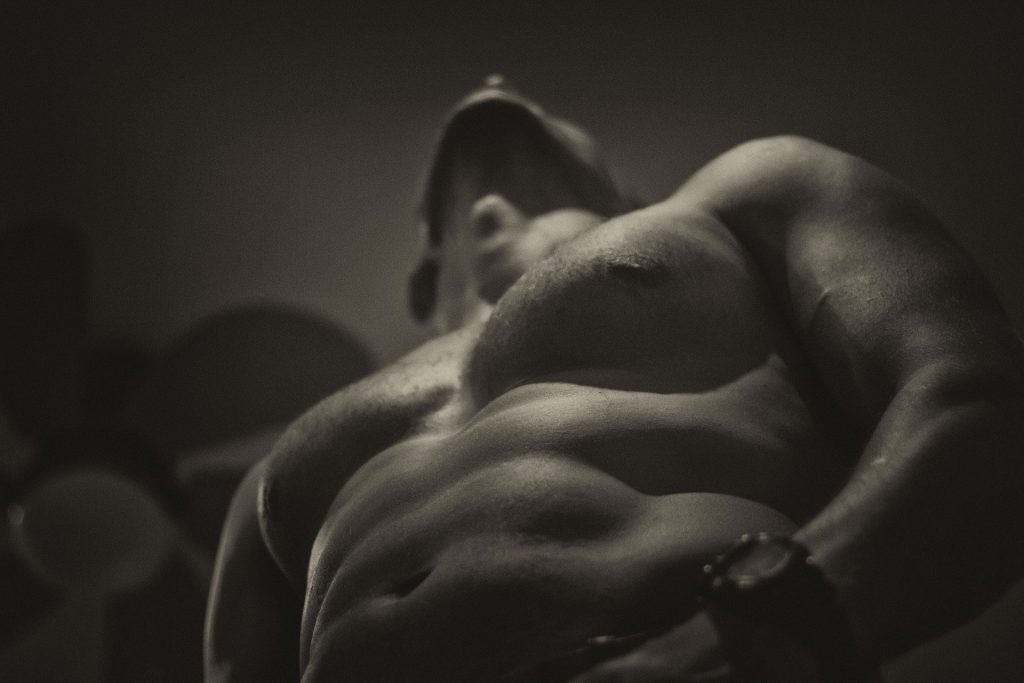Will Whey Protein Make Me Fat?
Will Whey Protein Make Me Fat? The Truth Behind the Myth
Protein supplements, such as whey protein, are commonly used by athletes and fitness enthusiasts as a convenient and effective way to increase protein intake and support muscle growth. However, there is a persistent myth that consuming whey protein can lead to weight gain and even fat accumulation. In this article, we will explore the truth behind this myth and examine the scientific evidence to answer the question: Will whey protein make me fat?
What is Whey Protein?
Before we delve into the topic at hand, let’s first define what whey protein is. Whey protein is a type of protein that is derived from milk. It is a complete protein, meaning that it contains all nine essential amino acids that the body needs but cannot produce on its own. Whey protein is also highly bioavailable, meaning that it is easily absorbed and utilized by the body.
Whey protein is available in various forms, such as whey protein concentrate, whey protein isolate, and whey protein hydrolysate. These different forms have varying degrees of protein content, processing methods, and nutrient profiles.
Myth or Fact: Does Whey Protein Make You Fat?
The myth that consuming whey protein can make you fat is based on the idea that consuming excess protein can lead to weight gain. This theory stems from the fact that excess calories, whether from protein, carbohydrates, or fat, can be stored as body fat if not burned off through physical activity.
However, the scientific evidence does not support the idea that consuming whey protein in moderation will lead to weight gain or fat accumulation. In fact, numerous studies have shown that whey protein can actually support weight loss and improved body composition when consumed as part of a balanced diet and exercise regimen.
One study published in the British Journal of Nutrition found that overweight and obese individuals who consumed whey protein as part of a reduced-calorie diet lost more body fat and retained more lean muscle mass than those who consumed a carbohydrate-based supplement. Another study published in the Journal of the American College of Nutrition found that whey protein supplementation improved body composition and reduced body fat in resistance-trained individuals.
How Does Whey Protein Support Weight Loss?
So, if whey protein doesn’t make you fat, how does it actually support weight loss? There are several mechanisms by which whey protein can help you achieve your weight loss goals:
- Increases satiety: Whey protein is highly satiating, meaning that it can help you feel full and satisfied after a meal. This can help reduce overall calorie intake and support weight loss.
- Boosts metabolism: Whey protein has a high thermic effect, meaning that it requires more energy to digest and absorb than other macronutrients. This can lead to a temporary increase in metabolism and calorie burn.
- Preserves muscle mass: When losing weight, it’s important to preserve muscle mass as much as possible to support a healthy metabolism and prevent weight regain. Whey protein is highly effective at preserving lean muscle mass during weight loss.
- Supports exercise performance: Consuming whey protein before or after exercise can support improved exercise performance, which can lead to increased calorie burn and improved body composition.
The Bottom Line
The myth that consuming whey protein will make you fat is just that – a myth. Whey protein is a highly beneficial nutrient that can support weight loss and improved body composition when consumed as part of a balanced diet and exercise regimen. So, if you’re looking to support your fitness goals, don’t be afraid to incorporate whey protein into your diet. Just be sure to consume it in moderation and in combination with a healthy diet and regular exercise.

